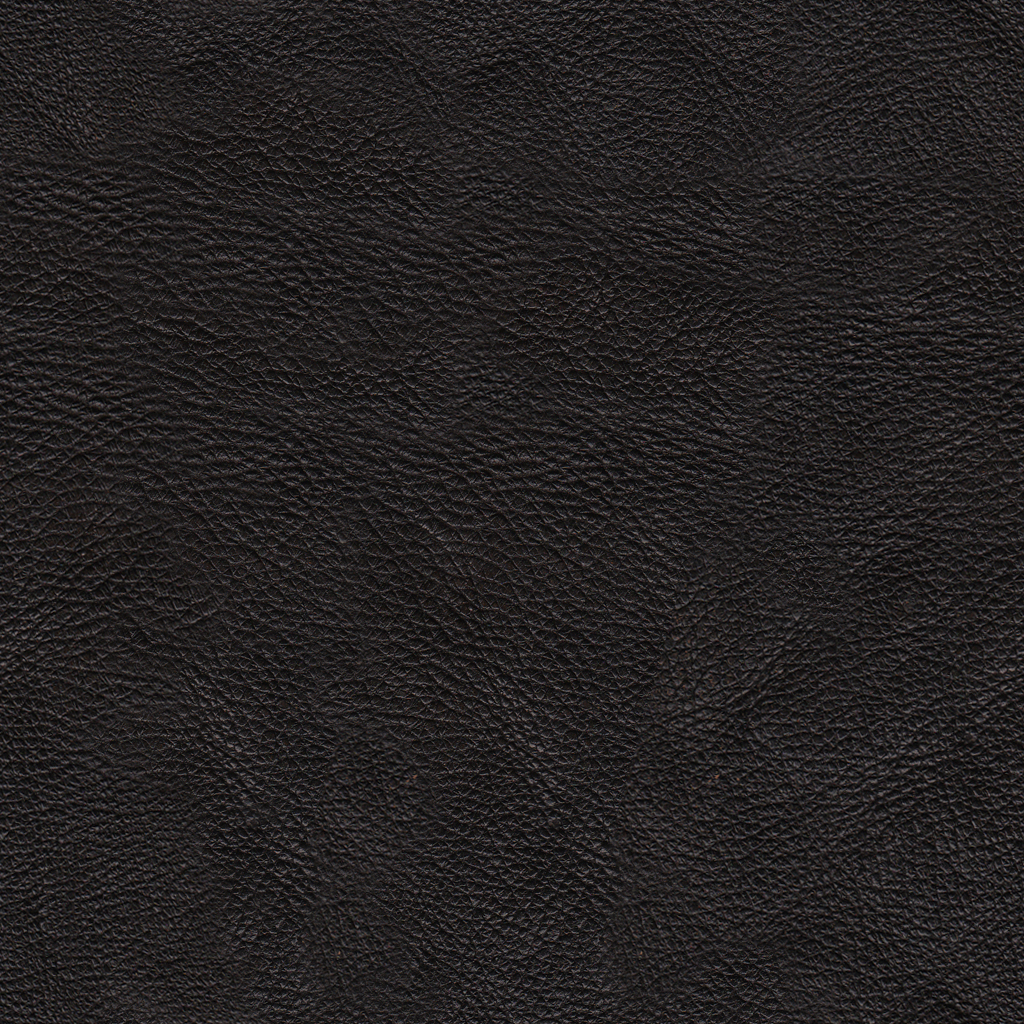Miriam climbed a high ridge hunched like a hyena’s backbone, tufted with shocks of wild grass withering in the desert heat.
This ridge formed the boundary between the black land and the red. Black land was an arable strip bordering both banks of the Nile River. The yearly floods regenerated it with loam that replenished the depleted soil. Crops only grew along this narrow, serpentine length of the Egyptian kingdom. Nothing flourished in the red land, the desert where the dead were buried. Here jackals prowled and harsh winds whipped sands beneath an overpowering sun as heartless as the overseers commanding the slaves who constructed the gods’ latest temple.
Miriam’s people labored in the sweltering heat, piling brick upon brick. Since her husband was a stone mason and carved ornamental pillars, he was allotted better food rations than most slaves and was able to augment the meager provisions doled out to Miriam’s aging parents. Although crippled with arthritis, her father was still forced to work, molding clay bricks from mud and straw. Miriam helped by gathering wild grass so he would have less to do. When vegetation near the construction site grew scarce, she ventured deeper into the
desert. On this high ridge where blistering winds blew like a pestilence, the grass grew spindly and sparse. In the valley below, jackals dug up the shallow graves of hastily buried poor and scavenged human bones.
“What are you doing up there?” Miriam’s friend Hulda called and waved from the foot of the ridge.
“Looking for grass.” But Miriam kept her eyes fixed on the jackals as her heart pounded with trepidation. Someday they will gnaw my parent’s bones.
Hulda held up her basket brimming with grass. “I was lucky today. Come on down, I’ll share!”
Before Miriam could descend, a company of chariots practicing war maneuvers rounded the escarpment, kicking up a cloud of dust. One of the charioteers urged his horse forward, outracing the rest. Within minutes his chariot rattled apart and its wheels spun across the scorched sands. Miriam stifled a laugh. Although chariots were instruments of war, they were fashioned from light wood so the small Egyptian horses could maneuver them easily. But their axles often broke over rough terrain and they had to be disassembled,
transported on donkeys to the site of a battle. The wind carried voices. “See what you’ve done, Moses! The Pharaoh will be furious,” an elder officer chided, but the triumphant charioteer only laughed.
Now Miriam peered at the younger man then crumpled to her knees. This haughty prince was tall and handsome, his neck hung with the gold chains bestowed only on those holding high office. And yet he wore her father’s face!
“The Pharaoh won’t be begrudge me a chariot,” the Prince insisted.
“Miriam, come on,” Hulda chided as she climbed up to her.
“In a minute.” Miriam kept her eyes fixed on the Egyptians.
Hulda followed her gaze and laughed. “You’re a married woman. Don’t waste your time daydreaming about Egyptian soldiers.”
But is he an Egyptian? Years earlier, Miriam had hidden her baby brother in a basket on the banks of the reed-choked river and watched as a noble woman found the child. Could
this arrogant young man be her brother? Despite his elegant make-up and fine linen clothing, he might be of Hebraic descent.
Thank God he survived, even if he doesn’t know our people . Miriam breathed a silent prayer as she followed Hulda down the ridge to the temple where her people toiled. As the relentless sun beat down on her bare head, she shielded her eyes against its glare and wondered if their God could contend against this fierce power that dominated the Egyptian pantheon.
“The old ones say a god is tied to his soil,” she reflected aloud.
Hulda sighed. “If that’s true, our God is very far away. No wonder He doesn’t hear our cries.”
“I hope He will, eventually.”
Her friend laughed bitterly. “Abandon hope, Miriam. It’s too painful a burden to bear.”
Miriam nodded. And yet … her baby brother had been spared despite Pharaoh’s cruel decree to drown all male infants. Perhaps their God did hear, even from a distance. She bowed her head. “I know hope is a burden, but if I lay it down, I will have nothing.”
“Suit yourself,” Hulda shrugged. “Speaking for myself-I harbor no hope for our future. We toil, we die … we become food for jackals.”
“I know.” For a moment, Miriam tried to smother the small flame of hope burning in her heart. It died down to embers then sprang back to life. Now the ache eased from her shoulders and a light breeze cooled her face as she brought the basket of grass to her father and helped him mold his quota of bricks.
“He lives,” she whispered when their overseer turned away.
When the old man nodded, Miriam recognized the same fire of hope kindled in his eyes. I will tend it in my heart, she resolved. Some day-I don’t know when-it will burst into flame.
Published in Stories






